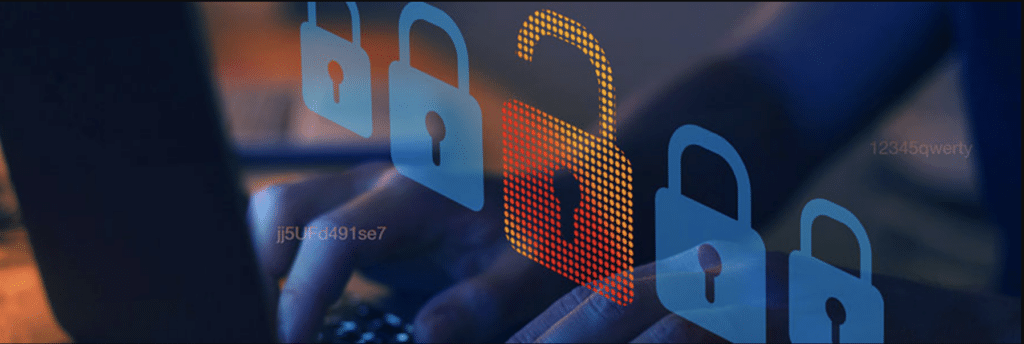The world of business communication is rapidly transforming, and staying ahead requires embracing technologies that can grow with you. Voice over Internet Protocol (VoIP) offers a future-proof solution that promises efficiency, scalability, and advanced features.
Blog
Helpful Google Chrome extensions to boost your productivity
Common IT investment mistakes to avoid
Key practices to strengthen your email security posture

Email remains a cornerstone of modern business communication, valued for its speed, ease of use, and convenience. However, it also presents a potential vulnerability in the face of cyberattacks. By implementing the following practical measures, you can significantly enhance your email security posture and protect your valuable business information.
How to stretch your data plan: Top tips for Android users
Unlocking the full potential of remote work with VoIP

As businesses adapt to the evolving landscape of remote work, the need for robust and efficient communication tools becomes increasingly critical. Voice over Internet Protocol (VoIP) offers a revolutionary approach to remote communication, providing unmatched accessibility and a host of features designed to keep teams connected and productive.
4 Gmail strategies to improve email efficiency

Feeling perpetually behind on emails? The constant deluge in today’s digital world can cripple even the most focused professional. While Gmail excels at communication, it can also become a productivity vortex. The endless stream of messages can shatter your concentration or make finding that critical email feel like searching for a needle in a haystack.
Building a collaborative cybersecurity culture with Gen Z employees
8 Tips to save energy on your PC

Conserving energy while using your PC daily can be quite challenging. A typical desktop setup, including loudspeakers and a printer, can consume nearly 600 kWh annually if used for eight hours a day. The good news is that you can significantly reduce this consumption by adopting a few practical tips.
Turn hold time into gold by enhancing your VoIP on-hold messages

For many businesses, Voice over Internet Protocol (VoIP) on-hold messages are an afterthought — a necessary evil to fill the silence while customers wait. But did you know that wait times could be transformed into powerful marketing tools? By carefully crafting VoIP on-hold messages, you can keep your customers engaged and enhance their overall experience.





